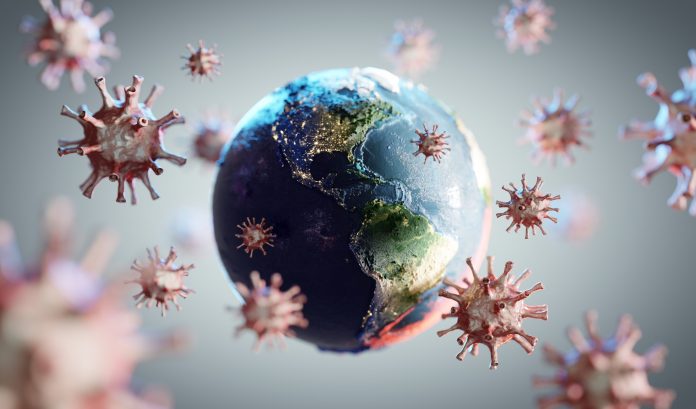The WHO has renamed COVID variants of concern, as they believe that the scientific names can be “difficult” to use – leading to both misreporting and potential discrimination against countries of origin
For the last six months, several variants of concern have dominated the public consciousness. With COVID, the virus has now mutated countless times – with a few mutations continuing to replicate themselves, especially effective at hospitalisation and death in countries that don’t yet have access to the vaccine.
While the UK variant, B117, is relatively well known by the scientific name, other variants of concern are named in general media outlets by their origin country. With the ‘Indian’ variant, it has been easier to write headlines with place of origin as opposed to a number – use of a place over a number makes more sense to the reader. But this also encourages stereotypes.
Researchers at UC San Francisco found that former President Trump describing COVID as the “China virus” led to an increase in online hate-speech toward East Asians, specifically Chinese individuals.
Yulin Hswen, ScD, MPH, an assistant professor of epidemiology and biostatistics at UCSF and a member of the Bakar Computational Health Sciences Institute, said: “We should not be attaching location or ethnicity to diseases.”
To neutralise any potentially racist sentiments that are being encouraged via blaming the origin country, the World Health Organisation has created a Greek naming system.
The new names for each variant are:
- The Indian variant becomes Delta
- The South African variant becomes Beta
- The Brazilian variant becomes Gamma
- And the UK variant becomes Alpha
Explaining the changes in a statement, the health organisation commented: “While they have their advantages, these scientific names can be difficult to say and recall, and are prone to misreporting. As a result, people often resort to calling variants by the places where they are detected, which is stigmatizing and discriminatory.
“To avoid this and to simplify public communications, WHO encourages national authorities, media outlets and others to adopt these new labels.”











